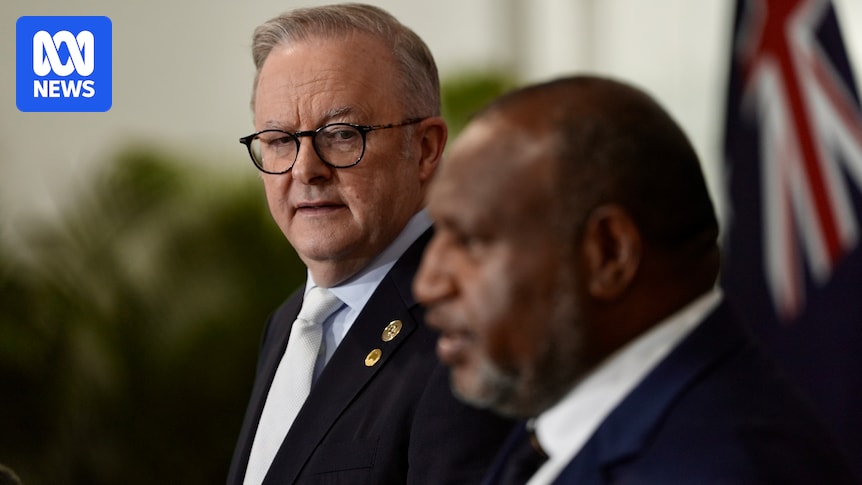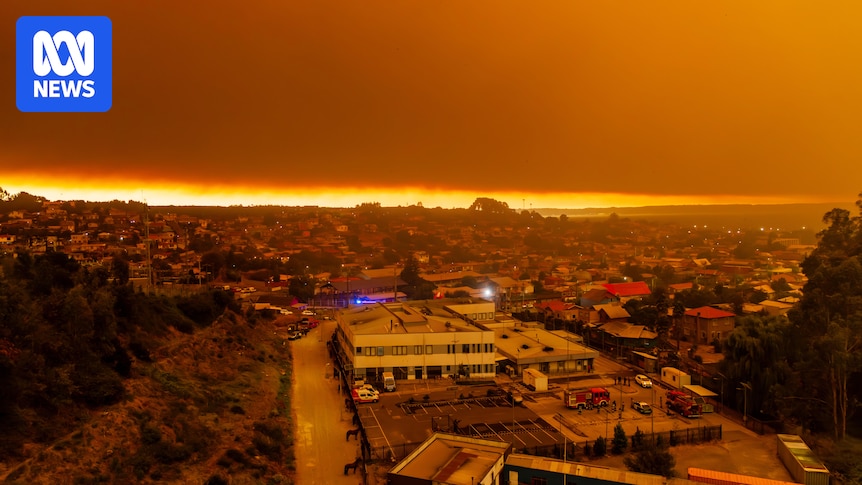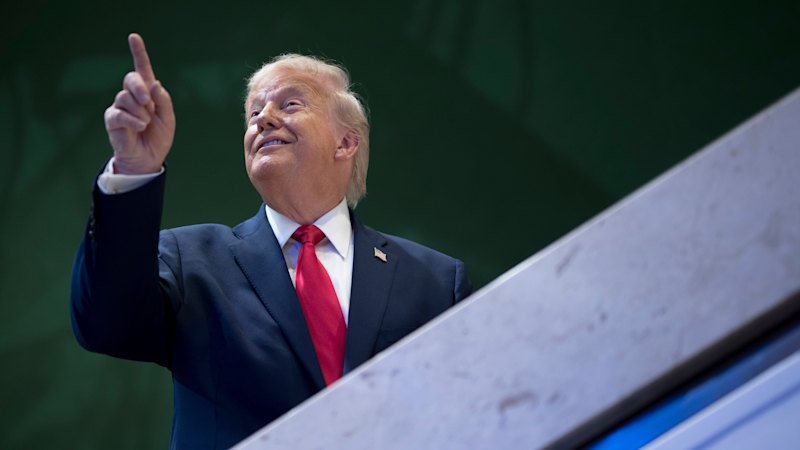
Papua New Guinea Prime Minister James Marape has indicated a “high possibility” that his country would remain neutral in a potential conflict involving Australia and China, despite the recent signing of a mutual defence treaty with Australia. The Pukpuk Defence Treaty, Australia’s first new military alliance in over 70 years, includes a provision that an armed attack on either nation would be deemed “dangerous to each other’s peace and security.”
The treaty obligates both countries to respond to threats in accordance with their constitutional processes. However, Mr. Marape emphasized PNG’s sovereignty, stating that the decision to engage in conflict ultimately rests with the respective defence force commanders of each country. “This treaty was constructed within the fullest ambit of respecting sovereignties, and [each country] making their own calls,” he told the program 7.30.
Balancing Alliances and Sovereignty
Mr. Marape further elaborated on PNG’s stance, suggesting that if a conflict were to arise between the United States and China, he would urge Australia to pursue diplomatic solutions before resorting to military action. “Our relationship with Australia will mean that we sit at a decision-making table, and we will say, look, give peace a go, not war,” he stated. He downplayed the likelihood of a conflict with China, noting, “I don’t necessarily see China as an enemy. We trade with China, we do business with China, and so there is no need for an alarmist approach in this conversation.”
Moreover, Mr. Marape questioned PNG’s potential military contribution in such a scenario, asking, “What does PNG have to offer right now?” This highlights the broader strategic considerations for smaller nations in global conflicts, where diplomatic influence often outweighs military might.
Regional Dynamics: Indonesia-PNG Relations
The commitments under the Pukpuk treaty have also raised questions regarding Australia’s obligations should a conflict arise between PNG and Indonesia. Mr. Marape clarified that the treaty does not compel Australia to assist PNG in such an event. He reassured that PNG maintains a “healthy dialogue with Indonesia” and expressed confidence that Indonesia understands PNG’s decision to sign the treaty with Australia. “They clearly understand where our need is,” he said, adding that the treaty was not discussed with Indonesia prior to its signing.
While the treaty promotes the interoperability and integration of PNG and Australian defence forces, Mr. Marape dismissed the likelihood of Australian bases being established in PNG. “It will be PNG troops in PNG, we’re building our own PNG defence force,” he said, noting that several nations have used PNG facilities under various defence agreements. “It’s just the amplifying of that sort of arrangement,” Mr. Marape added.
Historical Context and Future Implications
The Pukpuk treaty marks a significant development in the Pacific region’s defence landscape, reminiscent of post-World War II alliances that reshaped global security dynamics. As geopolitical tensions rise, particularly in the Indo-Pacific, the treaty symbolizes a strategic alignment that could influence regional stability.
Experts suggest that PNG’s cautious approach reflects a broader trend among smaller nations seeking to balance powerful allies while maintaining sovereignty. According to Dr. Emily Thompson, a Pacific geopolitics expert, “PNG’s position underscores the complexities of modern alliances where economic ties and historical relationships must be carefully navigated.”
“The Pukpuk treaty is a testament to the evolving nature of defence partnerships in the Pacific, where mutual respect for sovereignty and strategic interests are paramount,” Dr. Thompson noted.
Looking ahead, the treaty’s implications for regional security and PNG’s role in potential conflicts will depend on the evolving geopolitical landscape. As PNG continues to strengthen its defence capabilities, its diplomatic influence and strategic partnerships will likely play a crucial role in shaping its future engagements.
In conclusion, while the Pukpuk treaty signifies a deepening of ties between PNG and Australia, Mr. Marape’s statements highlight the importance of sovereignty and diplomacy in navigating complex international relations. As the global community watches, PNG’s decisions will be pivotal in maintaining peace and stability in the region.






